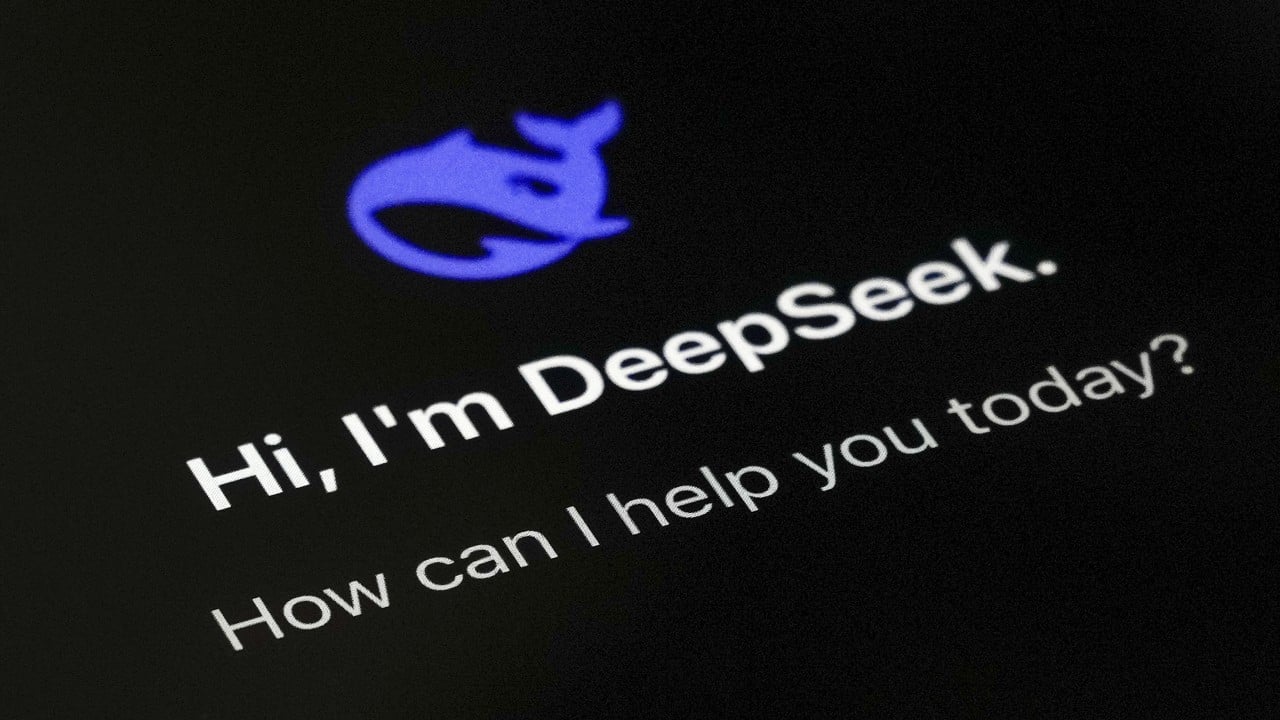Chinese start-up DeepSeek’s multilingual capabilities and open-source nature serve as an attractive alternative for users in Southeast Asia, but its true potential can only be realised if security and legal concerns are addressed, according to analysts.
Advertisement
As the US and China continue their AI rivalry, businesses and governments in Southeast Asia are taking a pragmatic approach – weighing costs, performance and regulatory concerns.
While platforms such as ChatGPT and Google’s Gemini are prominent among Southeast Asian users, Chinese AI models are “steadily making inroads”, according to Ali Fazeli, chief technology officer at NexVision Lab, a technology company specialising in artificial intelligence and machine-learning solutions.
“Their multilingual capabilities, such as support for Mandarin, Bahasa Indonesia and Thai, coupled with partnerships with local tech companies, give them an edge in catering to diverse regional markets.”
But this did not necessarily translate into widespread adoption across the region, said Benjamin Ho, China programme assistant professor at the S. Rajaratnam School of International Studies (RSIS).
Advertisement
“China is a ready-made alternative, and for countries in Southeast Asia, having alternatives is always a good thing. In the same way, I don’t think Southeast Asians will rush to buy everything Chinese because it is cheaper, they have also got their calculations,” he said, adding that the focus ultimately hinged on which offered a better “deal”.


